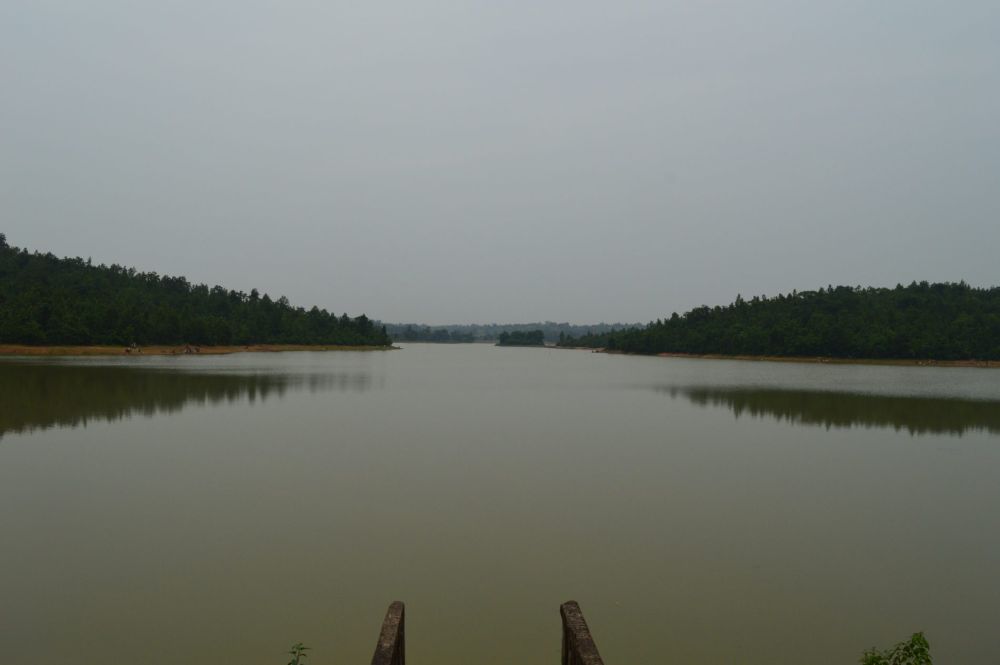

Tucked away in the verdurous landscape of Bankura, West Bengal, Jhilimili stands as a testament to the serene beauty that India has to offer. With a history that has been largely dominated by its natural splendor and cultural significance, Jhilimili has grown from a less-known destination to a beckoning hub for nature lovers and peace seekers.
The inception of tourism in Jhilimili is intricately tied to the verdant forests and tribal culture that characterize this region. For years, local tribes such as the Santhals, Bhumij, and Munda lived in harmony with nature, cultivating unique traditions and art forms. It wasn't until the late 20th century that Jhilimili started gaining recognition for its untouched beauty and rich cultural tapestry.
In the heart of nature enthusiasts, Jhilimili has become synonymous with tranquility. Driven by the picturesque settings of the Kangsabati River and the enveloping Satgurang Forest, the quaint destination caught the eyes of tourists seeking reprieve from the chaos of city life. The panoramic vistas of hillocks and dense foliage along with a wide variety of flora and fauna makes it a perfect retreat for a rejuvenating experience.
As tourism prospered, so did the exposure to the fascinating cultural festivals held here. Festivals like Baha, which marks the arrival of spring, and Badna, a celebration of the harvest, attracted tourists who yearned to experience India’s rich cultural diversity. Local attractions such as the Susunia Hill and ancient carvings in the nearby areas of Bishnupur further added to the tourist map.
The surge in interest led to the development of tourism infrastructure in Jhilimili. Lodges and guest houses started sprouting, carefully designed to merge with the very essence of the locale. Roads were improved, and amenities were enhanced, providing more comfort to visitors without compromising the natural allure of Jhilimili. The area became more accessible, inviting even more tourists to bask in its beauty.
In recent years, eco-tourism has become an influential trend in the travel industry, and Jhilimili has embraced this with open arms. Encouraging sustainable travel, local establishments now focus on conservation efforts, community involvement, and providing immersive experiences that allow tourists to connect with nature and local traditions on a deeper level.
Today, as Jhilimili continues to grow as a tourist destination, there remains a concerted effort to preserve its ecology and heritage. The intertwining of tourism and environmental sustainability has become part of Jhilimili's appeal. Majestic trees, winding rivers, and the untamed wilderness continue to tell the story of this breathtaking corner of West Bengal, offering an escape into a world where time stands still and nature whispers its age-old secrets.
Jhilimili may have entered the tourism circuit as a hidden gem, but today, it thrives as a destination for those in pursuit of peace and an authentic cultural exchange. The thoughtful amalgamation of growth with sustainability and culture preservation makes it one of the jewels of West Bengal’s tourism crown.